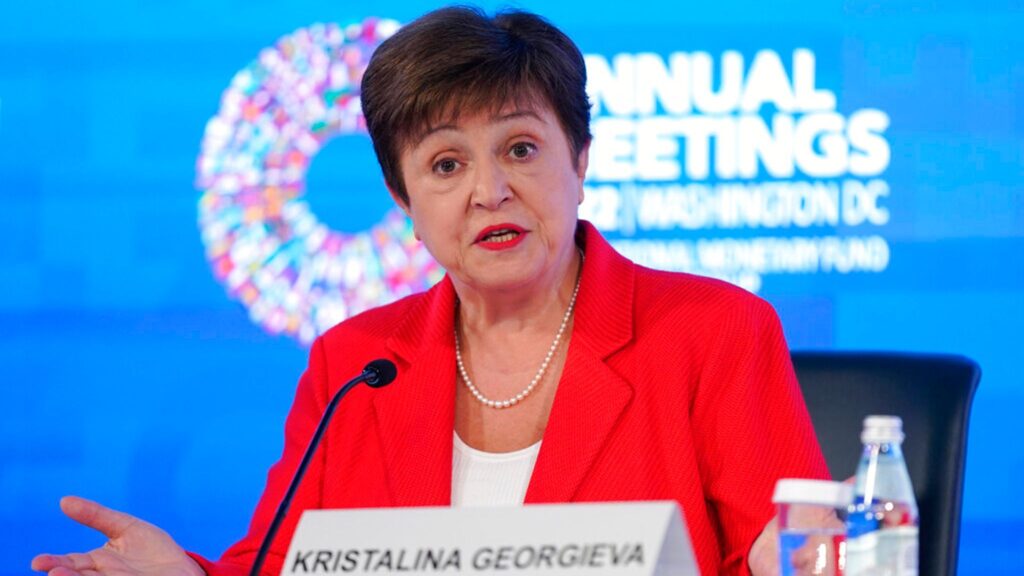At a recent International Monetary Fund (IMF) shareholders meeting, there was a unanimous understanding of the need to address the severe challenges low-income countries are currently facing, including unsustainable debt burdens.
IMF Managing Director Kristalina Georgieva highlighted the urgency of the situation on Friday, emphasizing the dire economic conditions these nations are enduring.
Recent reports from both the IMF and the World Bank have shed light on troubling economic trends affecting low-income developing countries, still reeling from the COVID-19 pandemic among other setbacks.
The IMF has revised its 2024 growth forecast for these countries downward to 4.7% from an earlier estimate of 4.9% in January.
Concurrently, the World Bank reported a significant finding: for the first time this century, half of the world’s 75 poorest countries are seeing their income gaps with wealthier nations widen, marking a historic reversal in development progress.
In response, Georgieva stated, “The IMF is bolstering its ability to support the most affected low-income countries by enhancing our resources through a 50% quota share increase and bolstering the Poverty Reduction and Growth Trust.”
She also noted that reforms within the IMF, endorsed by Saudi Arabia’s Finance Minister Mohammed Al-Jadaan—who chairs the IMF’s steering committee—would facilitate quicker and smoother debt restructuring processes.
A key focus at the Global Sovereign Debt Roundtable, co-hosted by the IMF and World Bank this week, was to expedite debt restructuring timelines and ensure equitable treatment among various creditors.
Georgieva conveyed the severe financial strain on low-income countries, particularly in Sub-Saharan Africa, where debt service payments have surged to an average of 12% from 5% a decade earlier.
“What is heartbreaking is that in some countries debt payments are up to 20% of revenues,” Georgieva lamented, underscoring the reduced capacity for these nations to invest in critical areas such as education and healthcare.
To combat these economic hardships, Georgieva suggested that affected countries should focus on increasing domestic revenues through measures like raising taxes, combating inflation, cutting spending, and developing local capital markets.
She stressed the importance of making these countries more appealing to investors and affirmed the IMF’s commitment to assisting them in this endeavor.
Adding to the discourse, Iolanda Fresnillo from the non-profit European Network on Debt and Development advocated for a new multilateral legal framework by the United Nations to address sovereign debt, mirroring efforts in tax cooperation.
She argued that this new approach should integrate considerations for climate change, environmental degradation, and human rights.
Echoing these concerns, U.S. Treasury Undersecretary Jay Shambaugh last week cautioned against emerging official creditors, including China, reducing their lending to low-income countries, especially as these nations are already receiving significant aid from the IMF and multilateral development banks.
He revealed that almost 40 countries experienced external public debt outflows in 2022, a situation that likely deteriorated further in 2023.
